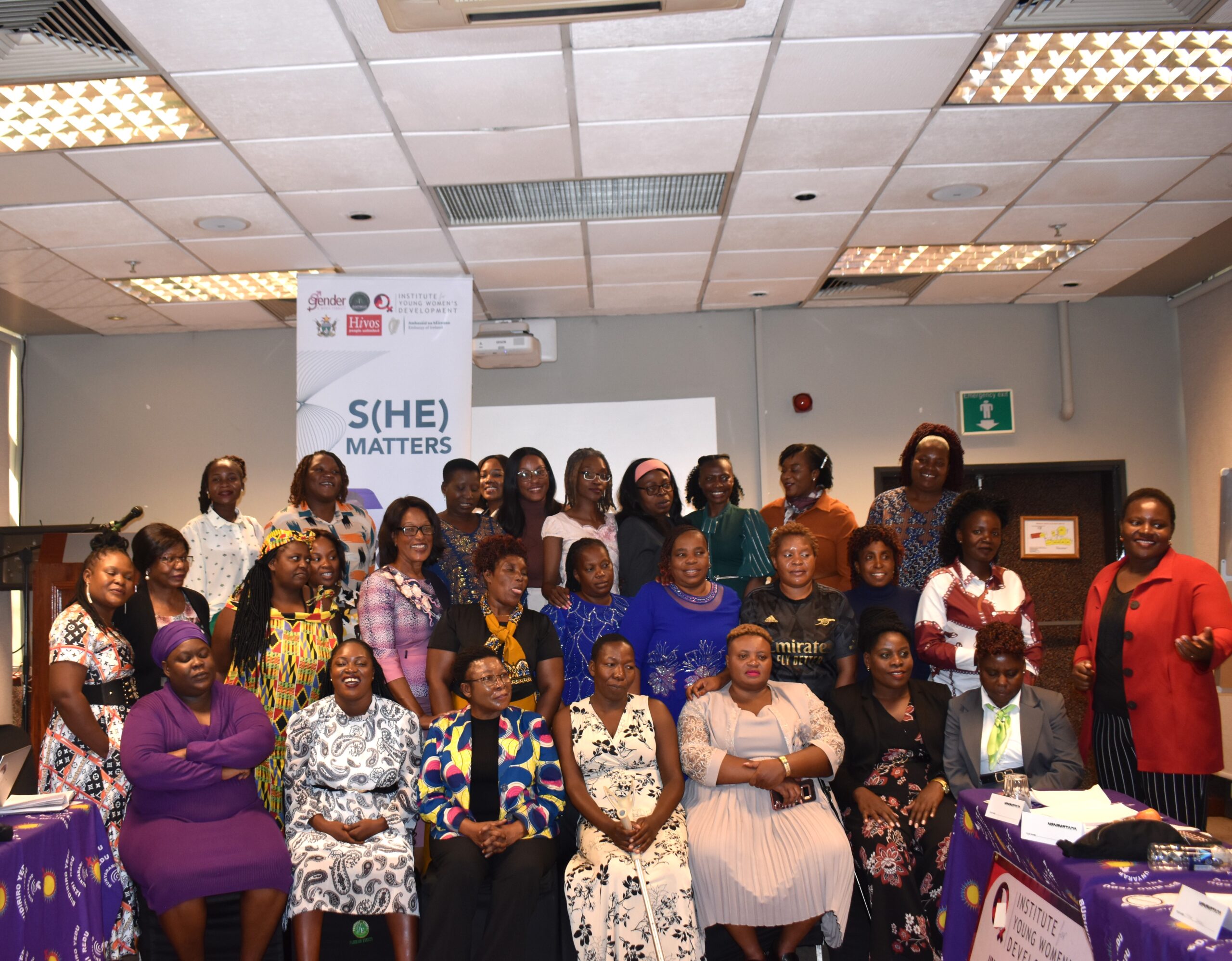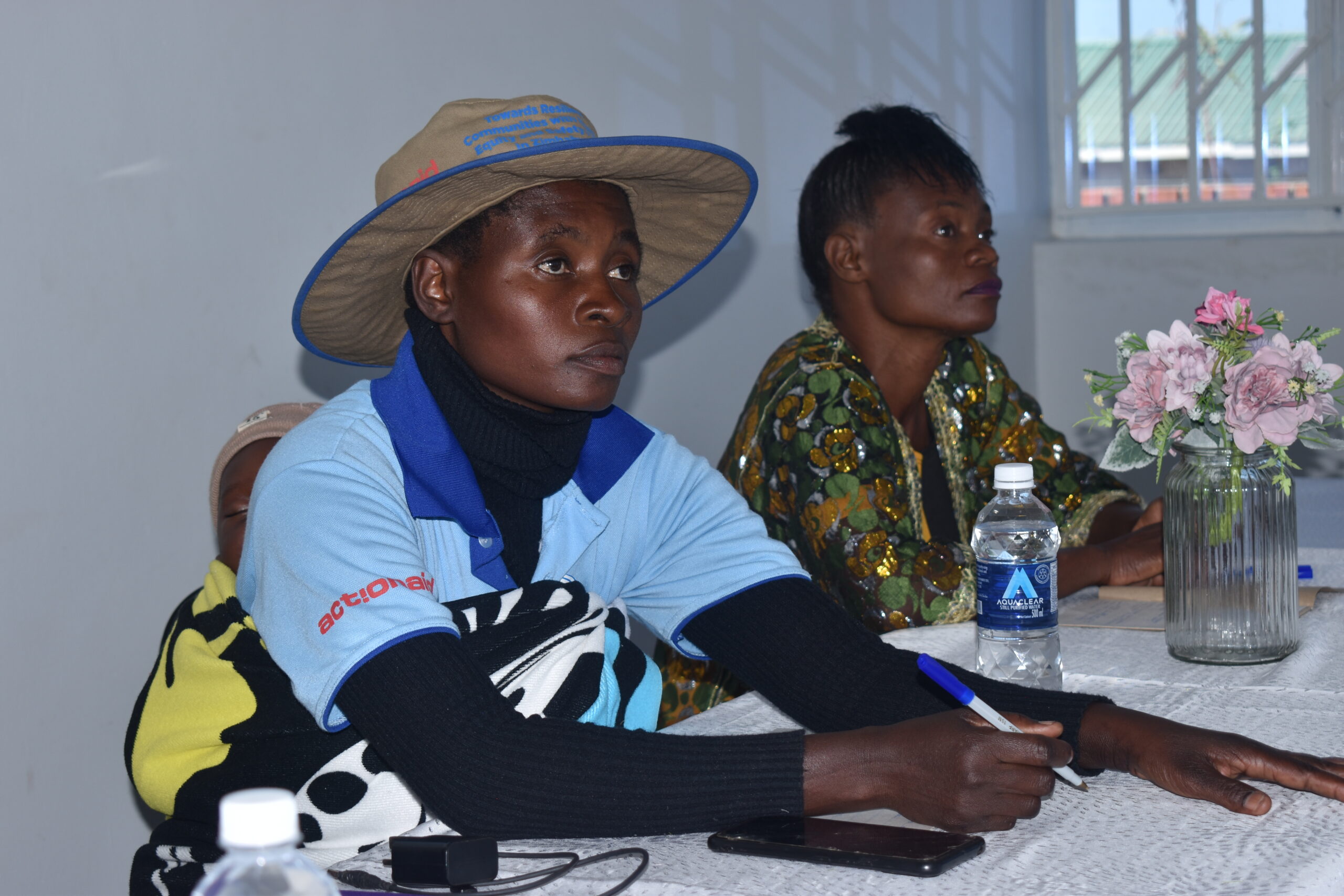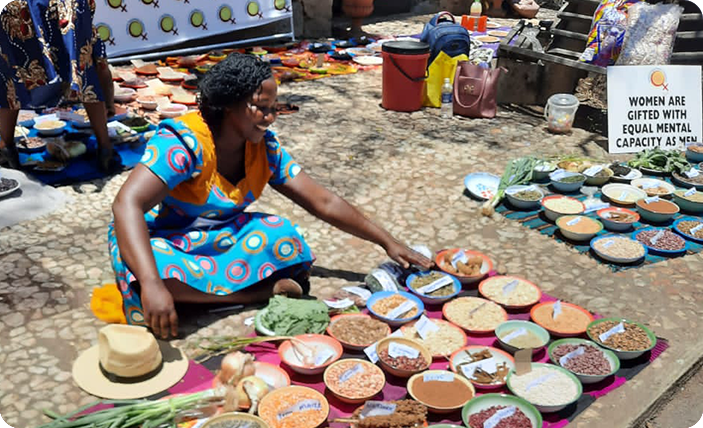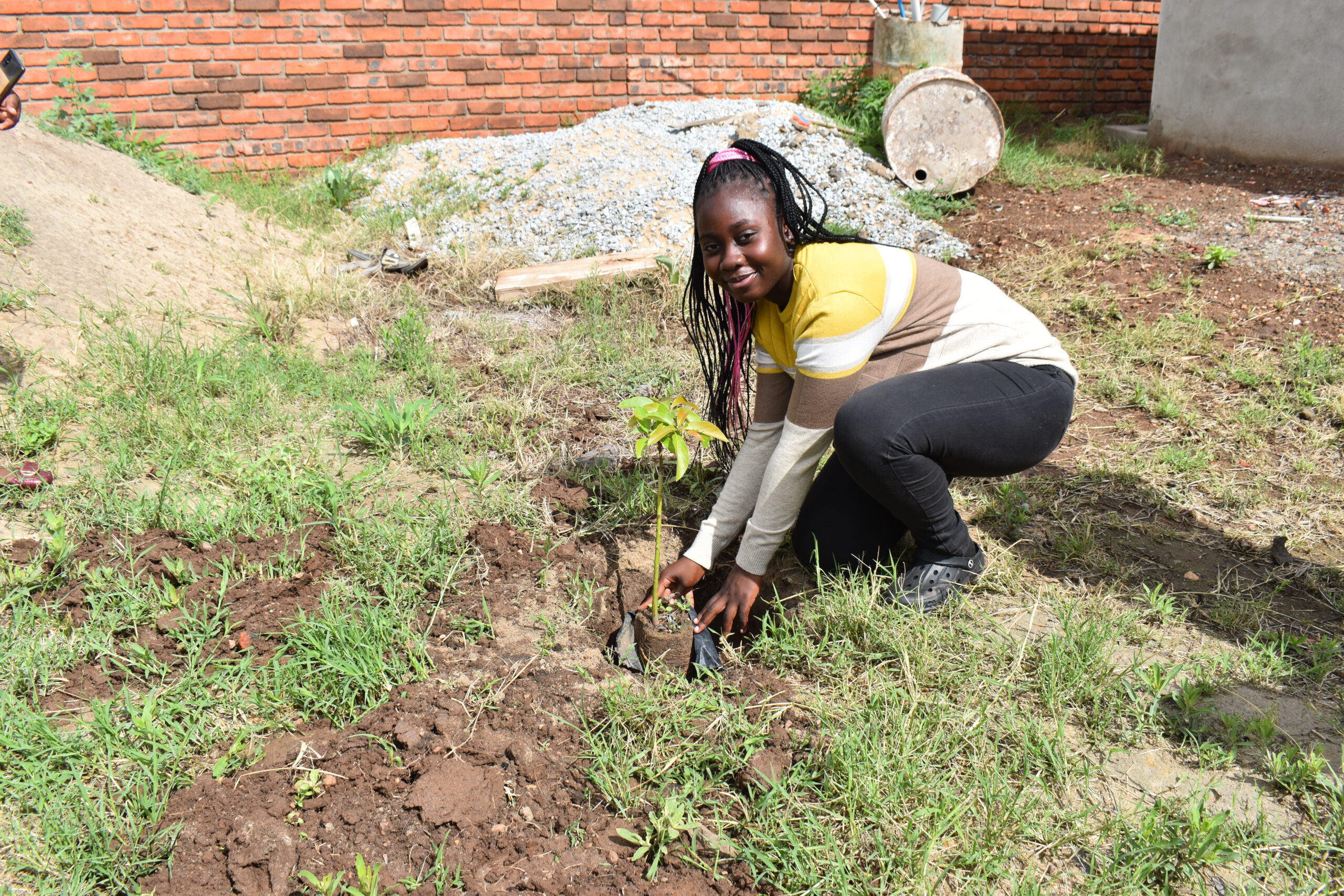Our Thematic Areas

Strengthened Feminist Leadership
This thematic area is the bedrock of our work, dedicated to building the agency, voice, and political consciousness of young women across Zimbabwe. We move beyond traditional leadership training to cultivate a deep understanding of feminist principles, focusing on collective power, social justice, and challenging oppressive systems like patriarchy. Our primary tool is the Transformative Feminist Leadership School, an intensive program that equips participants with the skills for critical thinking, advocacy, and effective organizing.
This foundational training is supported by intergenerational mentorship, connecting emerging leaders with experienced women activists and professionals to create powerful support networks. We also prioritise feminist knowledge production, creating and disseminating research and resources that are grounded in the lived realities of the young women we serve.
The impact is clear: graduates from our programs are not just passive participants but active agents of change. For example, many have gone on to successfully run for positions in community development committees, school boards, and even local councils, demonstrating a direct pathway from our training to tangible community leadership. This pillar ensures that a powerful, conscious, and prepared generation of young women is ready to lead.

Young Women's Participation in Decision Making
This thematic area focuses on dismantling the barriers that exclude young women from governance and public life, ensuring their voices are heard from the village level to the national stage.
We recognize that for young women to participate effectively, the entire ecosystem must be receptive. Therefore, we provide transformative leadership training not only to young women but also to key stakeholders, including local government councils and traditional leaders, sensitising them to women’s rights and the importance of gender-responsive service delivery.
Our approach yields concrete results. For example, after our engagement in Gokwe, the local council prioritized and built a much-needed maternity clinic. In Bindura Municipality, our advocacy led to improved sanitation and increased water provision, directly reducing the burden on women. Our work with traditional leaders has been equally impactful, with several paramount chiefs establishing paralegal roles for young women in their traditional courts to ensure fair representation. On a national scale, our influence is evident in our co-creation of the Model Gender Equality Bill in 2020, a landmark policy document that was subsequently tabled in Cabinet, proving that our grassroots work can effectively inform and shape national policy.

Feminist Economics and Sustainable Livelihoods
This thematic area is dedicated to fostering sustainable livelihoods and building a more just economic future for young women, moving them from positions of marginalisation to economic leadership.
Our approach is practical and hands-on, centered around our highly effective Women’s Business Bootcamps. These programs provide aspiring entrepreneurs with essential skills in financial literacy, business planning, and marketing.
This training is coupled with crucial mentorship and apprenticeship opportunities. We connect young women with prominent business leaders, creating invaluable networks for guidance and support. For instance, more than 40 young women we have worked with have gone on to formally register their businesses and are thriving under this mentorship model. Our work intentionally intersects with climate resilience, promoting agro-based enterprises like mushroom farming and other value chains that provide both food security and a stable income.
By equipping young women with the skills and capital to build their own enterprises, we empower them to achieve financial autonomy, support their families, and challenge economic systems that have historically left them behind.

Environmental Care and Wellbeing
This thematic area addresses this challenge head-on, empowering young women to become leaders in climate action and environmental stewardship. Our work is focused on building community resilience and promoting practices that ensure both ecological health and personal wellbeing. We conduct extensive awareness-raising campaigns in marginalized communities on the impacts of climate change and practical strategies for adaptation.
A key initiative is the establishment of “Sustainable Homes,” a holistic model that promotes food security and environmental care.
These homes feature thriving gardens with climate-resilient crops and integrated tree planting for household consumption and livestock feed, with over 20 such homes already established. To further support this, we organise Seed Fairs, vibrant community events where women can sell, exchange, and promote indigenous, climate-resilient seeds, preserving local biodiversity and empowering them as key agents in the food system.
By placing young women at the forefront of environmental management, we are not only building a more sustainable future but also reinforcing their crucial role as community leaders and innovators.
![Validate my RSS feed [Valid RSS]](valid-rss-rogers.png)
